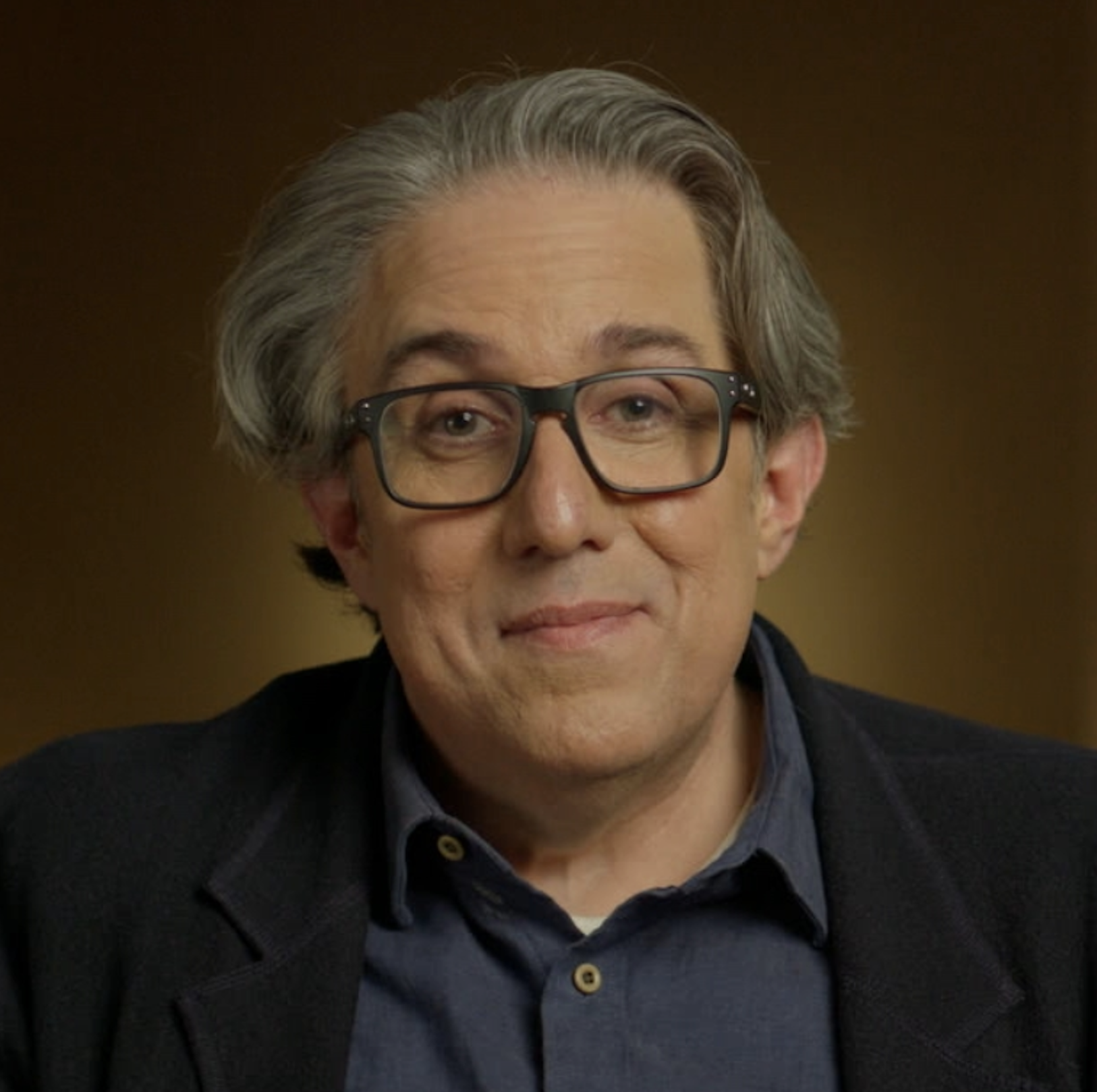Responsive Pedagogy in the Expressive Arts
At a moment when terms like “equity” and “diversity” and “inclusion” are buzzing contentiously in both the academy and the arts professions, how might (or must) established modes, traditions and practices of arts pedagogy and advocacy change? Should experienced teachers of the expressive arts be expected to adapt their pedagogy in response to ever-evolving student expectations around communication, engagement and identity? How might arts advocates productively inflect the discourse about the importance of the expressive arts in educational and cultural institutions? In fields where emerging artists necessarily have their bodies, voices, abilities, visions, and talents rigorously and routinely assessed, what does truly inclusive pedagogy look like? In this lecture-performance, performance historian Brian Herrera will invite questions from those assembled to guide a lively and interactive presentation around the constellation of opportunities, obstacles, and obligations confronting arts educators and advocates committed to integrating anti-racist, trauma-informed, and consent-based principles into their practice and pedagogy, even as such priorities are being questioned, constrained, and challenged in the culture at large.

